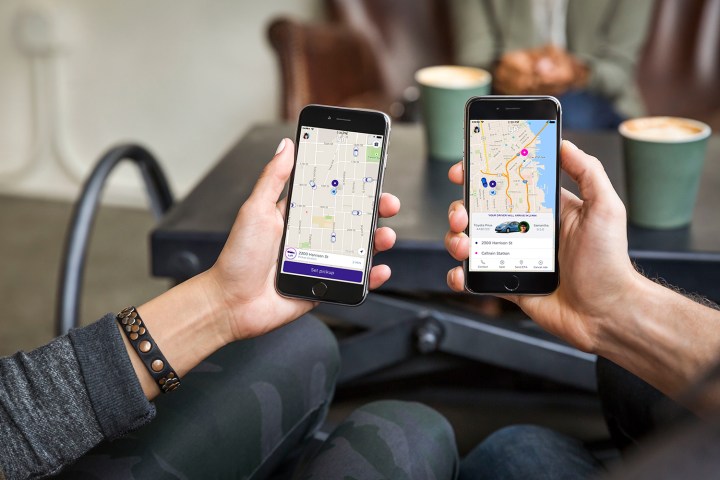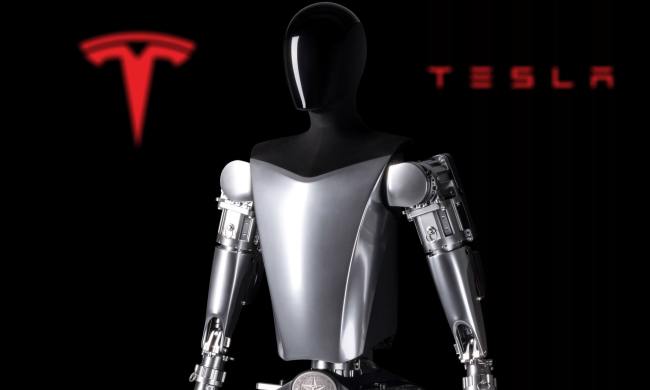
“Together with our drivers and passengers, Lyft is making a positive mark on communities across the nation,” the company emphasized in its report. For starters, the company says that Lyft passengers were particularly generous, spending an additional $2 billion in their respective communities. Lyft drivers, on the other hand, managed to double their earnings in 2017 to $3.6 billion. That figure, the company noted, does not include tips, which alone accounted for $240 million in earnings. This represents a 120-percent increase over 2016. In total, Lyft gave passengers 375.5 million rides, which equates to 92 million travel hours or $3.2 billion saved compared to other forms of transportation, the company says. Its busiest day, unsurprisingly, was New Year’s Eve, with more than two million rides given.
Those nearly 400 million rides represents 130 percent growth when measured year over year, and were given to 23 million unique passengers, which is a 92-percent year-over-year increase. Lyft also managed to double the number of drivers on its platform to 1.4 million in 2017.
Perhaps most intriguing, however, is Lyft’s claim that it has managed to reduce the number of personal cars on the road. In 2017, Lyft says that nearly 250,000 passengers decided to do away with their personal vehicles because of a ridesharing alternative. The company also claims that 50 percent of its users reported driving themselves less thanks to the Lyft platform, and 25 percent no longer feel owning a car is particularly important. If this proves to be widely true of not only Lyft passengers, but those of other ridesharing services as well, we could soon be seeing far fewer cars on the road. And that, friends, is a future worth looking forward to.


